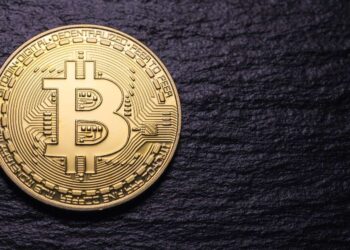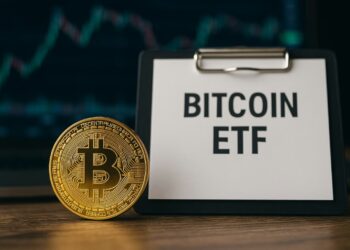The negative consequences of the Terra LUNA ecosystem collapse and the recent implosion of one of the world’s largest crypto exchanges, FTX, have prompted South Korean authorities to reconsider digital asset regulatory policies by proposing amendments to the existing digital asset bill.
Congressman Yoon Chang-Hyun is drafting an amendment to expand the jurisdiction of financial authorities in order to prevent situations like the FTX collapse and the Terra Luna meltdown from occurring again.
Chang-Hyun is reportedly proposing to give the nation’s Financial Services Commission and Financial Supervisory Service (FSC) more power in place of crypto exchanges’ ” tendencies of self-regulation,” according to a South Korean local media outlet.
The new Digital Assets Act amendment requires that customer deposits be separated accordingly. Furthermore, it gives financial regulators more control to tackle unfair commercial practices.
As a result, regulators will be able to monitor and curb the excesses of cryptocurrency projects and exchanges, ultimately protecting investors from multimillion-dollar losses like those caused by the Terra-LUNA crash.
It is worth noting that after the Terra-LUNA meltdown, South Korean authorities, in partnership with Interpol, issued an arrest warrant for Do Kwon, the CEO of Terra-LUNA. Do Kwon has been on the run since the incident and has, on multiple occasions, denied being on the run while refusing to surrender himself to the authorities.
This move is not peculiar to South Korea alone, as financial regulators in other countries have reacted by calling for stricter regulations on cryptocurrency exchanges.
The United States is at the forefront of these initiatives and has scheduled legislative hearings to sufficiently understand the situation.
Another significant proposed change to the Digital Assets Law is that, unlike FTX and Alameda Research, crypto trading platforms will not be able to seize their users’ deposits arbitrarily after they have been remitted to a custodian institution.
The new law further cedes control of such operations to financial regulators by removing cryptocurrency exchanges’ “self-regulatory” ability to take “necessary steps” in the event of unusual price or trading volume fluctuations.
If you would like to read more news articles like this, visit DeFi Planet and follow us on Twitter, LinkedIn, Facebook, and Instagram.
“Take control of your crypto portfolio with MARKETS PRO, DeFi Planet’s suite of analytics tools.”





















